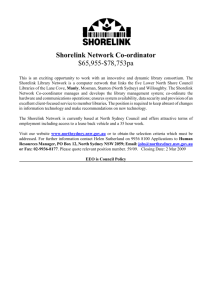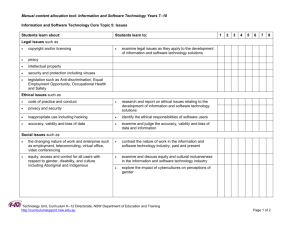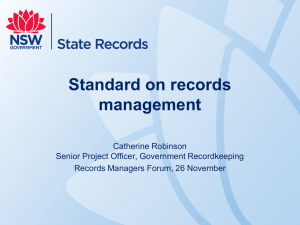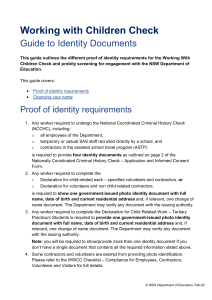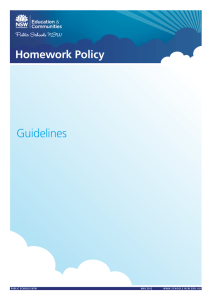Ten Tips to Help Prepare for High School
advertisement
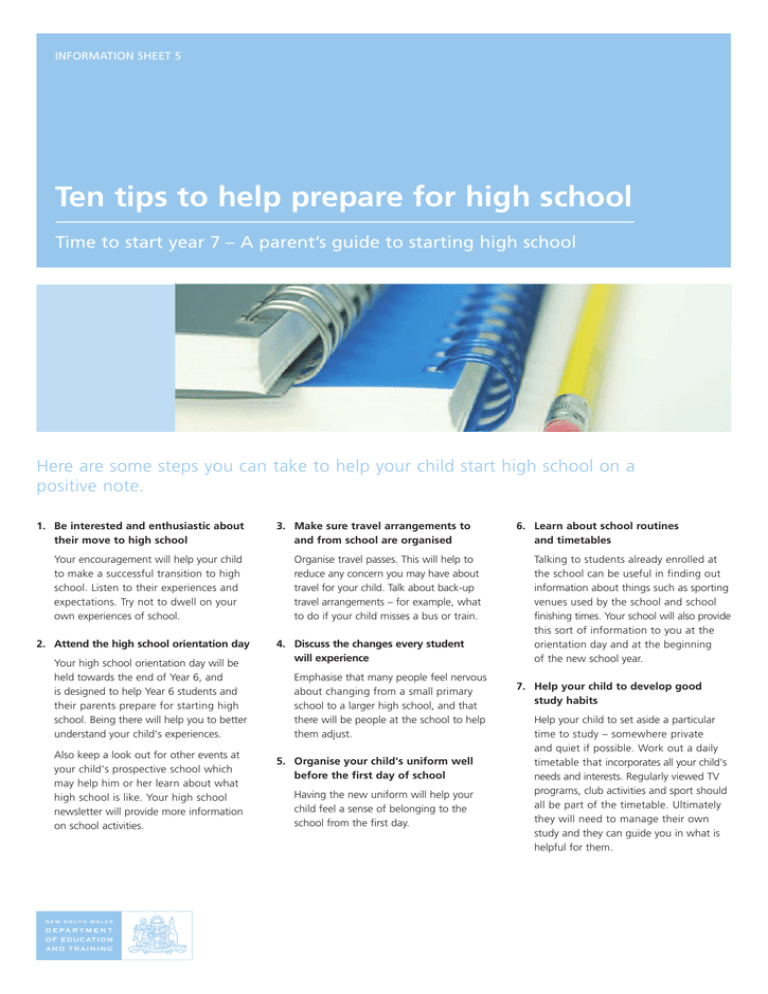
INFORMATION SHEET 5 Ten tips to help prepare for high school Time to start year 7 – A parent’s guide to starting high school Here are some steps you can take to help your child start high school on a positive note. 1. Be interested and enthusiastic about their move to high school Your encouragement will help your child to make a successful transition to high school. Listen to their experiences and expectations. Try not to dwell on your own experiences of school. 2. Attend the high school orientation day Your high school orientation day will be held towards the end of Year 6, and is designed to help Year 6 students and their parents prepare for starting high school. Being there will help you to better understand your child's experiences. Also keep a look out for other events at your child's prospective school which may help him or her learn about what high school is like. Your high school newsletter will provide more information on school activities. 3. Make sure travel arrangements to and from school are organised Organise travel passes. This will help to reduce any concern you may have about travel for your child. Talk about back-up travel arrangements – for example, what to do if your child misses a bus or train. 4. Discuss the changes every student will experience Emphasise that many people feel nervous about changing from a small primary school to a larger high school, and that there will be people at the school to help them adjust. 5. Organise your child's uniform well before the first day of school Having the new uniform will help your child feel a sense of belonging to the school from the first day. 6. Learn about school routines and timetables Talking to students already enrolled at the school can be useful in finding out information about things such as sporting venues used by the school and school finishing times. Your school will also provide this sort of information to you at the orientation day and at the beginning of the new school year. 7. Help your child to develop good study habits Help your child to set aside a particular time to study – somewhere private and quiet if possible. Work out a daily timetable that incorporates all your child's needs and interests. Regularly viewed TV programs, club activities and sport should all be part of the timetable. Ultimately they will need to manage their own study and they can guide you in what is helpful for them. 8. Practise organisational skills In the first few weeks of high school you might want to check with your child that they have the right books and equipment for the following day. You will quickly encourage a good habit. 9. Discuss emergency and safety issues Talk about these issues – including crossing roads or taking essential medication – simply and without emotion. Allow your child to contribute their views. Find out who the staff are at the school who can help them on issues such as medication. 10. Let your child know that you trust them and that they can trust you Keep communication open about all your child's experiences, and make sure they know you're available if they need you. © October 2006 NSW Department of Education and Training GPO Box 33 Sydney NSW 2000 Australia T 9561 8000 www.det.nsw.edu.au Further information For further information talk to your school principal, contact your regional office or go to www.schools.nsw.edu.au For translated information go to www.det.nsw.edu.au/languagesupport

